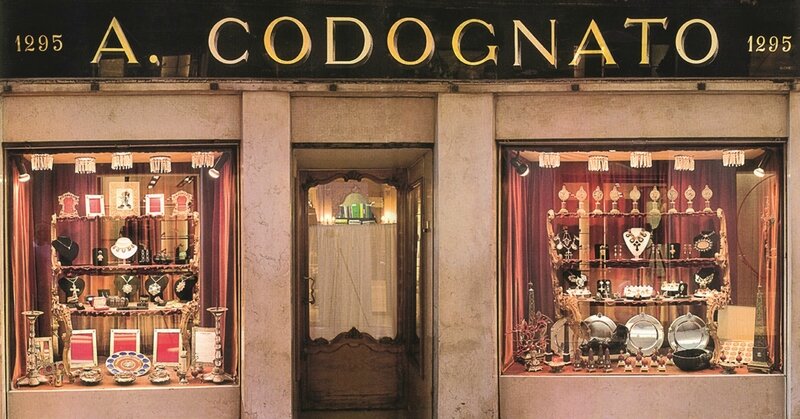Beaucoup de gens grimacent lorsqu'on parle de cette nouvelle viande cultivée en laboratoire. Pas moi.
Je suis vraiment intrigué et je veux essayer ça.
Je trouve que c'est une avancée intéressante qui vient solutionner de nombreux problèmes tant éthiques qu'environnementaux. Sans parler de solutions intéressantes pour palier aux famines qui affectent tant de populations.
On pourrait en avoir dans nos supermarchés d'ici 5 ans. Et, selon cet article, ce serait également meilleur pour la santé et moins cher:
In 2013, it cost around $325,000 to engineer a five-ounce in vitro hamburger constructed from pieces of beef muscle tissue all grown in a lab. Now, with advances in the industry steadily pushing this field forward, the price has been whittled down to just $11.36 — that’s 30,000 times less than when it was first introduced.
(...) Assuming the most ideal growing environment, stem cells can produce a lot of meat. A single turkey cell could theoretically be used to produce enough muscle to manufacture 20 trillion turkey nuggets. Given the growing demand for food worldwide, something like this has the potential to address pressing concerns about the industrial food system.
Switching to in vitro meat will also have major environmental benefits. Today, the industrial food system’s objective is to meet the growing demand for food by raising livestock on a small amount of land and producing meat at a very affordable price. This has led to mass production livestock farms that emit massive amounts of greenhouse gases. Growing meat in labs could reduce this by 90 percent and lower land use by 99 percent.
Looks like lab-grown meat is full of benefits, so now we just need to make it economically viable and convince people to take that first bite of a lab-grown burger.
Je suis vraiment intrigué et je veux essayer ça.
Je trouve que c'est une avancée intéressante qui vient solutionner de nombreux problèmes tant éthiques qu'environnementaux. Sans parler de solutions intéressantes pour palier aux famines qui affectent tant de populations.
On pourrait en avoir dans nos supermarchés d'ici 5 ans. Et, selon cet article, ce serait également meilleur pour la santé et moins cher:
In 2013, it cost around $325,000 to engineer a five-ounce in vitro hamburger constructed from pieces of beef muscle tissue all grown in a lab. Now, with advances in the industry steadily pushing this field forward, the price has been whittled down to just $11.36 — that’s 30,000 times less than when it was first introduced.
(...) Assuming the most ideal growing environment, stem cells can produce a lot of meat. A single turkey cell could theoretically be used to produce enough muscle to manufacture 20 trillion turkey nuggets. Given the growing demand for food worldwide, something like this has the potential to address pressing concerns about the industrial food system.
Switching to in vitro meat will also have major environmental benefits. Today, the industrial food system’s objective is to meet the growing demand for food by raising livestock on a small amount of land and producing meat at a very affordable price. This has led to mass production livestock farms that emit massive amounts of greenhouse gases. Growing meat in labs could reduce this by 90 percent and lower land use by 99 percent.
Looks like lab-grown meat is full of benefits, so now we just need to make it economically viable and convince people to take that first bite of a lab-grown burger.




















